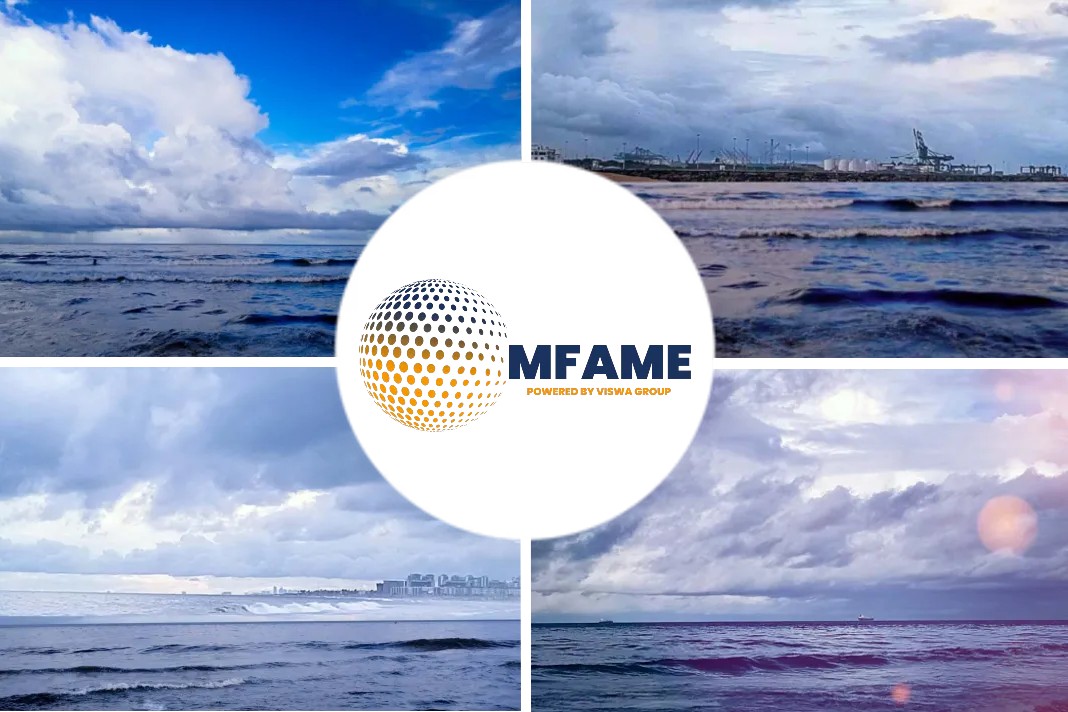 According to a Cyprus Shipping News report, scrubber waste collection in the port, is no problem in Rotterdam.
According to a Cyprus Shipping News report, scrubber waste collection in the port, is no problem in Rotterdam.
Options to comply
With IMO 2020 approaching rapidly, shipping companies must have by this time chosen between switching to low-sulphur fuel or installing scrubbers to comply with the new standards.
Scrubbers filter the sulphur from the exhaust gases released during the combustion of high-sulphur heavy fuel oil.
Vessels are well-served in Rotterdam, in both cases.
Cleaner shipping
The new International Maritime Organisation regulations aim to significantly reduce emissions of sulphur oxides, which are responsible for atmospheric acidification.
SECA
Within the so-called Sulphur Emission Control Areas (SECA) of which Rotterdam is part, only fuels with sulphur levels of up to 0.1% have been permitted since 2015.
As of 1 January 2020, sulphur levels outside the SECA areas also need to be drastically reduced from 3.5% to no more than 0.5%.
Scrubbers
This means that vessels may no longer use heavy fuel oil anywhere in the world, unless they use ‘scrubbers’.
Why scrubbers are attractive?
Once the new regulations come into effect, shipping companies can continue to use high-sulphur heavy fuel oil if they install ‘exhaust cleaning systems’ or ‘scrubbers’.
- Scrubbers on vessels purify the exhaust gases via a water wash treatment.
- The installation of such a filtration system costs between 1 and 5 million euro depending on vessel size.
- Low-sulphur fuel, is some 200 dollars per tonne more expensive than traditional heavy fuel oil, and it is expected that this price differential will increase.
- This means that scrubbers can be an attractive economic choice.
Removal of scrubber waste
A key point is that scrubber waste needs to be removed in the port, which is no problem in Rotterdam.
Collection at Rotterdam
There are seven companies with the equipment and knowledge to collect and process this scrubber waste operating in the port, namely:
- CIMS,
- DTC,
- Martens,
- SWOC,
- Jongen,
- Renewi and
- Nature Group.
Nature already started offering this service some two years ago. CEO Andreas Drenthen, “Our clients, including CMA-CGM, DFDS and MSC, asked for this.”
“As the Netherlands’ biggest maritime waste collector, we thought this was a good match for our services, which is why we were keen to offer this.”
Demand from various shipping companies has now increased to several times a month.
Biological cleaning
Drenthen said, “Several of our barges have separate tanks on board for the removal of scrubber waste. The water is purified via biological cleaning at ATM Moerdijk, and the residue is incinerated.”
Varying removal cost
However, high contamination levels means that the removal costs are also higher. “For normal ‘sludge’, there’s a fee of around 30 euro per cubic metre.”
“Here, depending on the level of contamination, the fee can run to between 75 and a few hundred euros per cubic metre.”
Did you subscribe to our daily newsletter?
It’s Free! Click here to Subscribe!
Source: Cyprus Shipping News
















